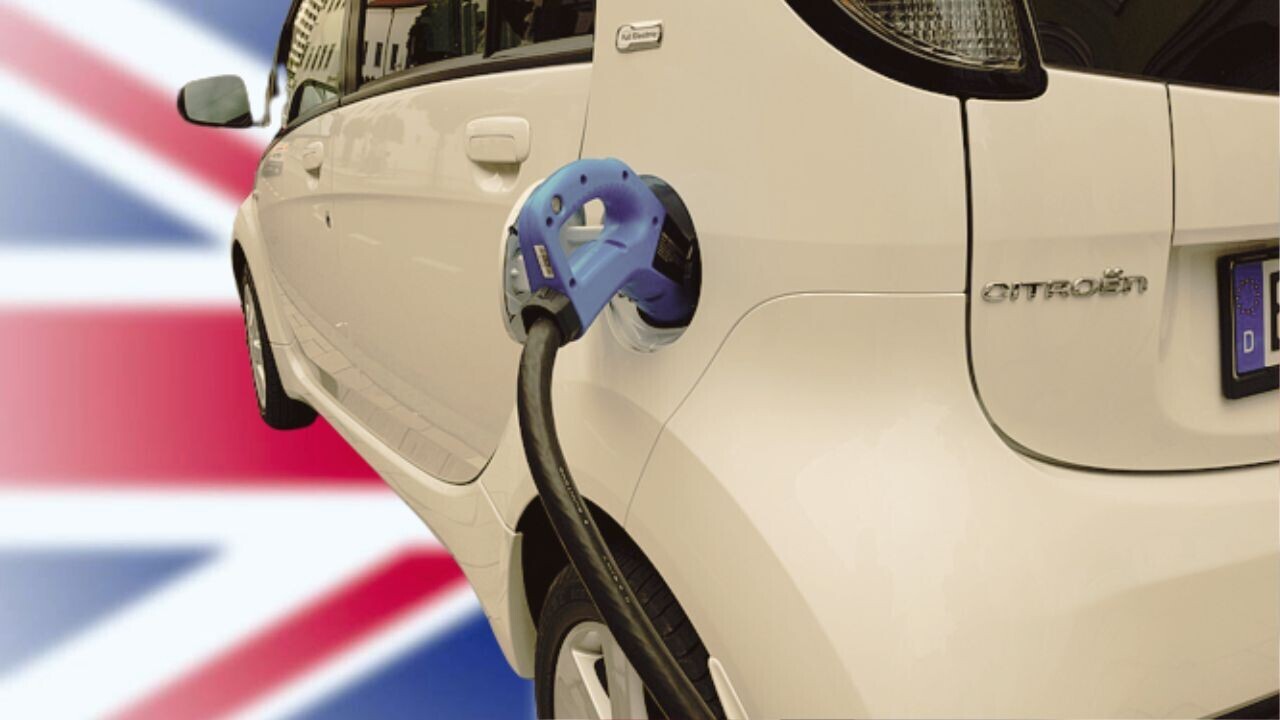
The UK’s Society of Motor Manufacturers and Traders (SMMT) has called for the government to create an independent regulator to oversee the country’s public EV chargers.
Specifically, the SSMT has suggested the creation of a dedicated Office of Charging, called “Ofcharge,” to ensure that public charging infrastructure will efficiently support the transition to electric vehicles.
And you know what? It’s an amazing idea — and something the whole world should adopt.
According to the agency’s findings, range anxiety (the worry of how far an EV can travel) has now been replaced by charging anxiety (the worry of where the nearest power source is).
This has its roots in three major issues:
1. Not enough public chargers
Demand for green cars has surged — accounting for more than one in six new cars in 2021 — but public charging infrastructure has struggled to keep pace.
Plug-in cars grew by a whopping 280.3% between 2019 and 2021, while charging stations increased by just 69.8% in the same period.
Similarly, the number of EVs on the road rose by an even more impressive 586.8%, whereas rapid and ultra-rapid charger stock grew by only 82.3%.
2. Regional divide in public charing station availability
Public chargers aren’t equally distributed across the UK, and those who live in the North have fewer available to them.
Specifically, in 2021, the ratio of electric cars to standard public chargers was 1:52 in northern Britain, compared to 1:30 in the South.
3. Price imparity
The SSMT warned that monitoring and regulating the price of chargers is critical to building consumer confidence.
In fact, figures from 400 councils obtained by British Gas have indicated a “postcode lottery” effect when it comes to how much it costs to juice up an EV.
Drivers in the South are paying over a quarter (28%) more than those in the North. On average, it costs $0.43 per kWh in the former, and $0.34 in the latter.
In need of a new plan
To address these issues, the SSMT is proposing a unified, national approach that centers around consumer needs.
And that’s exactly what Ofcharge’s role would be.
By mandating legally binding targets regarding the number and price levels of chargers across the country, it can ensure that juicing up an EV is “affordable, accessible, and as easy as — if not easier than — [traditional] refueling.”
It’s not just the UK, the whole world needs this
If the UK wants to meet its 2050 net zero target, it should seriously consider implementing the SSMT’s suggestions.
Banning sales of new petrol and diesel vehicles by 2030 is good, but not good enough.
What the EV transition really requires is consumer confidence and trust. Providing the infrastructural support to make drivers feel comfortable with electric vehicles is essential for widespread adoption.
The same goes for every other part of the world.
Governments must bring together drivers, charging station operators, energy companies, and local authorities to provide the right services for electrical vehicles ahead of when they’re needed.
Anything else is too late.
And dedicated regulatory bodies are crucial in making this a reality.
Get the TNW newsletter
Get the most important tech news in your inbox each week.




